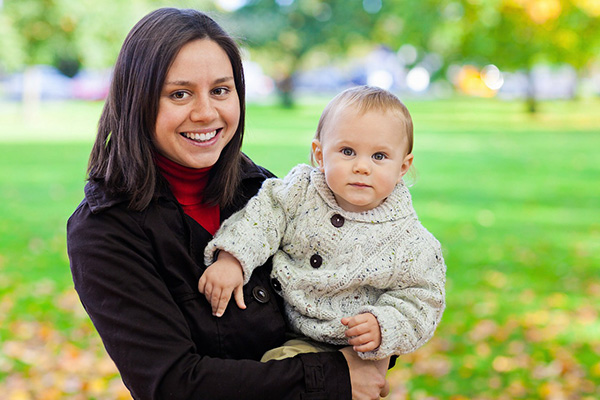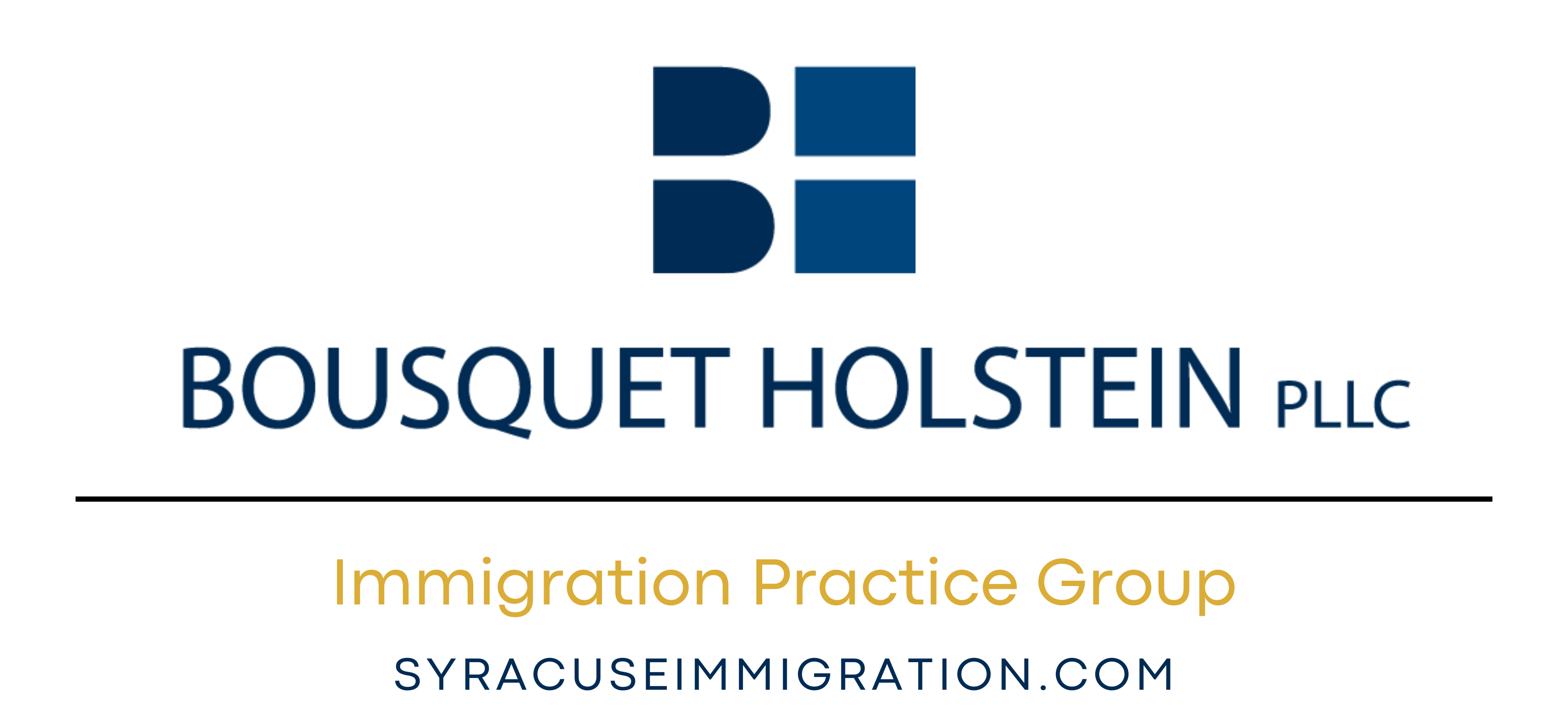 International adoption, also known as intercountry adoption, is when someone from one country adopts a child from a different country. An international adoption is permanent and must follow the related legal requirements. Per the conditions of an international adoption, people in the United States who would like to do an international adoption intend to have the adopted child permanently live with the person or persons adopting the child.
International adoption, also known as intercountry adoption, is when someone from one country adopts a child from a different country. An international adoption is permanent and must follow the related legal requirements. Per the conditions of an international adoption, people in the United States who would like to do an international adoption intend to have the adopted child permanently live with the person or persons adopting the child.
Whether you’re just starting the international adoption process or you’re facing issues in the middle of the process, contact an experienced immigration lawyer for help.
For International Adoption, The Country That A Child Comes From Matters
Certain steps in the process for an international adoption vary from country to country, so it’s important to know which steps must be taken depending on which country someone in the US would like to adopt a child from.
The Basic Steps for An International Adoption
While there is some variance in what must be done to complete an international adoption per country, there are some basics to the process that are fairly consistent. These basic steps include:
- Receiving approval for the adoption
- Choosing an adoption service provider
- Getting matched with a child
- Gaining legal custody or being able to adopt the child in the foreign country
- Applying for the child’s visa that permits them to move to the United States
- Returning to the United States with the child
Choosing an adoption service provider, also known as an adoption agency, is one of the most important parts of the international adoption process. It’s very important to check if an adoption agency is licensed by New York State before working with the agency. You should research adoption agencies before choosing which to work with.
International Adoption Laws Vary from Country to Country
Immigration laws are very relevant for anyone interested in an international adoption. For example, some countries don’t allow single-parent adoption. Single-parent adoption laws are just one of the many different regulations for international adoptions. Each country has various laws related to international adoption, and these laws can often change.
There are two sets of countries that are governed by different international adoption rules. Intercountry adoption through certain countries must be done through The Hague Process, while intercountry adoption through other countries is done through The Orphan Process. Countries that use The Hague Process for international adoption are listed here.
Not sure whether you should be using The Hague Process or The Orphan Process for your international adoption? Contact an experienced immigration lawyer today.
International Adoption & The Hague Process
In 2008, an international treaty was signed between the United States and multiple treaty nations that created The Hague Process. This treaty was created to protect all parties involved in an intercountry adoption, including the potentially adopted child, the adopting parents and birth parents. These treaty nations use the established Hague Process for international adoption.
International Adoption Eligibility
The Hague Process establishes several rules for international adoptions. One of these rules is that anyone looking to adopt a child from a country that participates in The Hague Process must work with an adoption agency that is authorized as part of The Hague Process.
The Hague Process & Home Study
Compliance with The Hague Process also requires that adopting parents establish a home study. Home study refers to documentation that proves that adopting parent(s) have the means to care for the child that would move to the United States through an international adoption. However, home study rules vary from state to state.
Once a home study is established, Form I-800A must be completed to establish the adopting parents’ eligibility to adopt. These requirements include:
- The adopting parent or parents must be U.S. citizens
- Adopting couples or individuals must habitually reside in the United States
- Married spouses must sign Form I-800A and intend to adopt the child with their partner who is completing Form I-800A
- Unmarried individuals who would like to complete an international adoption must be at least 24 years old when Form I-800A is filed and must be at least 24 years old by the time Form I-800 is filed.
Applying for International Adoption
Parents who would like to make an international adoption must also apply through U.S. Citizenship and Immigration Services (USCIS) prior to adopting a child or accepting placement for an international adoption. Applying for international adoption requires that Form I-800A and Form I-800 are completed and submitted to USCIS. Form I-800A must first be submitted, as this establishes that the adopting parents have the means to provide for the adopted child. Once USCIS approves Form I-800A, adopting parents are then required to complete and submit Form I-800.
An experienced immigration lawyer can help you apply for international adoptions. Contact today for an initial consultation.
International Adoption & Petitioning for Custody
Following the application process, adopting parents must petition USCIS to make the adopted child eligible to immigrate to the United States. Once this petition is approved by USCIS, the country of the child who is being adopted must also approve a Form I-800 on behalf of the child. Prospective adopting parents must complete this Form I-800 on behalf of the child and submit the form to the Central Authority of the potentially adopted child’s country. Once the Form I-800 is approved and the Department of State informs the adopting parents that they may move forward with the adoption, the international adoption can be finalized, allowing the adopting parents to gain custody of the child.
 Children in International Adoptions Must Meet Certain Requirements
Children in International Adoptions Must Meet Certain Requirements
In addition to parents being required to meet certain standards to be able to complete an international adoption, The Hague Process requires that children that are being adopted must also meet certain requirements, including:
- The child must be under the age of 16 when Form I-800 is filed
- The child must habitually reside in a country that participates in The Hague Process
- The child must be identified as eligible for international adoption by the Central Authority of the child’s country
Children of An International Adoption Need An Immigrant Visa
Once custody is provided, an immigrant visa must be obtained for the child before they can be brought to the United States. Upon obtaining the immigrant visa for the child, the adopting parents can bring the child to the United States with the visa.
Certain visas are appropriate for children moving to the United States through an international adoption, while others aren’t applicable. For assistance in applying for the right visa for an international adoption, contact an experienced immigration lawyer.
International Adoption Using The Orphan Process
The above steps for international adoption relate specifically to international adoption between countries that participate in The Hague Process. While 70 countries are part of The Hague Process, international adoptions can also be completed with other countries. Adopting parents who would like to adopt an orphan from another country may use The Orphan Process to complete an international adoption. Adopting parents using The Orphan Process must complete and submit Form I-600.
When Would You Use The Orphan Process For International Adoptions?
Eligibility requirements for an international adoption with The Orphan Process include:
- The adopting parent must be a U.S. citizen
- An adopting parent who is married must have their spouse sign Form I-600 and their spouse must also adopt the child. Form I-600 is used to classify an orphan as an immediate relative.
- An adopting parent who is not married must be at least 25 years old at the time of filing Form I-600
- Adopting parent or parents must establish that they will provide parental care to the potentially adopted child
- Adopting parent or parents must establish that the child who may be adopted is classified as an orphan under U.S. immigration law (see “International Adoptions and Orphan Status”)
- Adopting parent or parents must prove one of the following:
- 1) That the adopting parent (or parents, if married) has adopted the child abroad and at least one of the adopting parents have seen the child in person prior to the adoption process beginning
- 2) That they will adopt the child after the child arrives in the United States
International Adoptions and Orphan Status
The United States defines an orphan as a child born in another country who meets one of the following conditions:
- The foreign-born child does not have any parents because the child’s parents have either died or are no longer present in the child’s life (such as abandoning the child, disappearing or losing the child)
- The foreign-born child has one surviving parent who does not have the means to care for the child as defined by the child’s home country
Petitions for international adoption of orphans must be filed prior to the child’s 16th birthday. Children whose birth siblings have been adopted by the applying parents may be adopted before an orphan’s 18th birthday.
International Adoptions: Verifying Orphan Status and Eligibility For Adoption
United States Citizenship and Immigration Services (USCIS) must first investigate a child that may be adopted through The Orphan Process. This investigation includes:
- Verifying that the child meets the U.S. definition of an orphan
- Confirming that adopting parents have acquired custody
- Ensuring the child does not have illnesses or disabilities that were not disclosed in the adoption petition
- Identifying any special needs of the child that were not addressed in adopting parents’ home study
- Identifying anything that would make the child not qualify for immigration as an adopted child
Additionally, like with The Hague Process, adopting parents going through The Orphan Process must also establish a home study. However, The Orphan Process has different requirements to establish a home study compared to The Hague Process.
To learn more about the home study requirements for The Orphan Process, schedule a consultation with an experienced immigration lawyer.
Completing An International Adoption With The Orphan Process
Once Form I-600 is approved, adopting parents must apply for a visa for the orphan. However, only certain visas are applicable for an international adoption of an orphan. Because of this, it’s important to apply for the right visa for an adopted orphan.
For help with applying for the proper visa, contact an experienced immigration lawyer.
An Immigration Lawyer Near Syracuse NY Can Guide You Through An International Adoption
There’s a lot to consider when attempting an international adoption. U.S. immigration law requires that several eligibility standards be met and proven before an international adoption can be completed.
An experienced immigration lawyer, Rebecca Cohen has helped people with the international adoption process, turning confusion to a happy conclusion.
For an initial consultation with an experienced immigration lawyer regarding your international adoption, contact today.
 Come Together With Help From An Experienced Immigration Lawyer
Come Together With Help From An Experienced Immigration Lawyer
For many years, our team has helped families and couples come together by guiding our clients through the immigration system. We offer an initial, no obligation consultation. In this consultation, we’ll review your relevant paperwork and provide assistance for your specific situation. We’ll help you to avoid common problems that can delay your family or significant other from coming to the U.S. for years.
